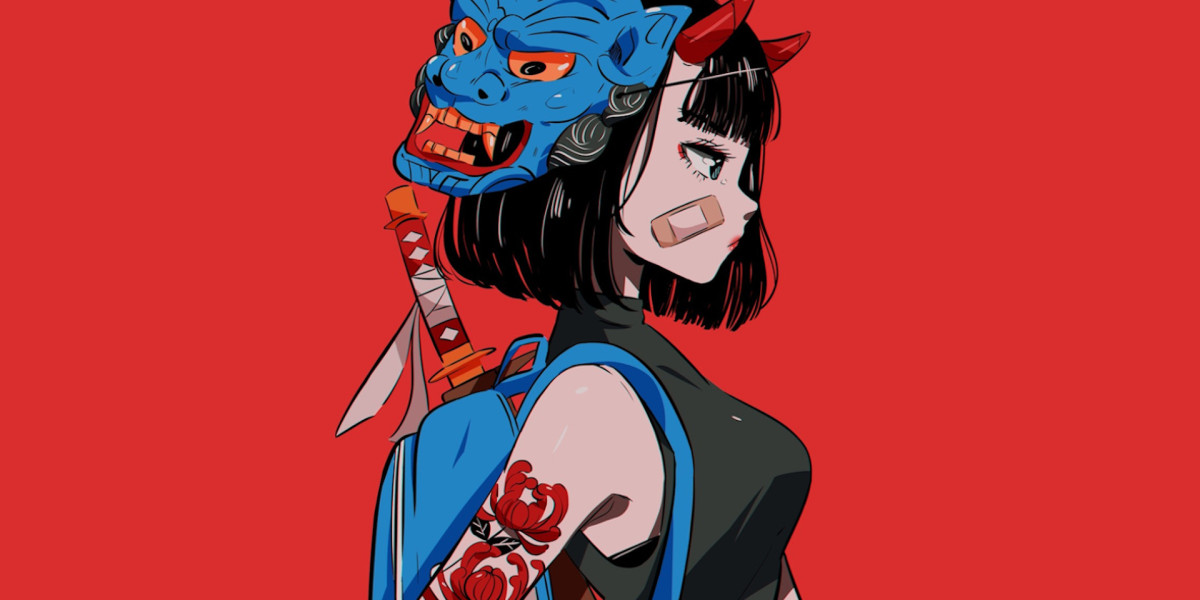Unveiling the Secrets: The Allure of Male Skull Rings Through Time and Style
Male skull rings have carved out a unique niche in the world of fashion and symbolism, transcending mere ornamentation to embody deeper meanings tied to history, culture, and personal expression. These striking pieces of jewelry often evoke a sense of rebellion and strength, making them popular among various subcultures. From the ancient warriors who wore them as talismans to modern-day trendsetters, skull rings have evolved significantly over the years. By exploring their historical significance and the symbolism they carry, we can better appreciate the allure of these captivating accessories and their continued relevance in contemporary society.

The Historical Significance of Skull Rings
The origins of skull rings can be traced back to ancient civilizations, where they were often used as symbols of power and mortality. For instance, ancient Romans wore rings featuring skull motifs as a reminder of their own mortality, a practice that mirrored the philosophical reflections of Stoicism. Similarly, in medieval Europe, skull rings found their place in memento mori art, serving as a reminder to live virtuously in light of the inevitable. As time progressed, different cultures adopted the skull motif, each infusing it with their own significance. In some Native American tribes, skull imagery was linked to protection and strength, while in other cultures, it represented a tribute to ancestors. The duality of skull rings—as both celebratory and morbid—reflects a complex relationship with life and death that has persisted through the ages.
Symbolism Behind Skull Rings
The symbolism associated with skull rings is rich and varied, encompassing themes of mortality, rebellion, and protection. For many, wearing a skull ring serves as a powerful reminder of life's transience, encouraging a more profound appreciation for each moment. This connection to mortality can be especially poignant in today's fast-paced world, where many seek to slow down and reflect on what truly matters. Additionally, skull rings have become synonymous with rebellion, often associated with subcultures such as punk and goth. They challenge societal norms and express individuality in a world that often prioritizes conformity. Moreover, some cultures regard skulls as protectors, believed to ward off evil spirits or misfortune. The evolving interpretations of skull rings illustrate their ability to resonate with diverse audiences, making them timeless symbols of personal and cultural significance.
Styles and Designs of Male Skull Rings
The aesthetic appeal of male skull rings is as varied as their symbolism, with designs ranging from ornate to minimalist, catering to different tastes and styles. Traditional skull rings often feature intricate engravings, gemstones, or embellishments that enhance their visual impact. On the other hand, contemporary designs may lean towards a more understated look, focusing on sleek lines and subtle finishes. Materials also play a crucial role in defining the character of these rings; silver and stainless steel are popular choices due to their durability and classic appearance, while alternative materials like leather or resin are favored for a more avant-garde approach. The diversity in styles enables wearers to express their personalities, whether they prefer a bold statement piece or a more subtle nod to the skull motif. For instance, a friend of mine who is a motorcycle enthusiast opts for a rugged, matte black skull ring that complements his leather jacket, showcasing a perfect blend of style and attitude.
Contemporary Trends in Male Skull Rings
Additionally, contemporary designs incorporate modern aesthetics and elements appealing to a younger audience. Many jewelers have creatively blended fashion trends with skull motifs, resulting in a resurgence of unique pieces that are not only trendy but also reflect individual identity. Just like music movements found in popular films, these designs have solidified skull rings as a staple in streetwear, merging traditional styles with unexpected materials like titanium, carbon fiber, and more. This evolving trend has resulted in skull rings being seen in recent videos, further enhancing their popularity among individuals looking to make a statement.
Enduring Significance of Male Skull Rings
In conclusion, male skull rings are more than mere accessories; they are imbued with historical significance and rich symbolism that resonates across cultures and generations. From their origins in ancient civilizations to their modern interpretations in fashion, these rings reflect a complex interplay of mortality, rebellion, and personal expression. As trends continue to evolve, the enduring appeal of male skull rings remains evident, ensuring that they will continue to captivate and inspire wearers for years to come. Whether worn as a fashion statement or a personal talisman, skull rings encapsulate a timeless allure that encourages reflection and individuality.













